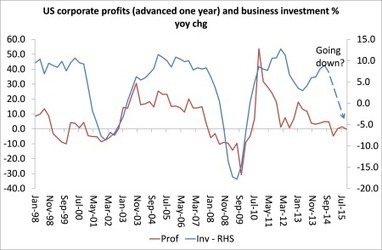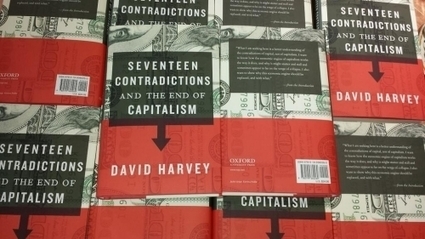Neoliberalism is a widely used term today. However, it is often unclear what people refer to when they use it. In its most systematic usage it might refer to a theory, a set of ideas, a political strategy, or a historical period. Could you begin by explaining how you understand neoliberalism?



 Your new post is loading...
Your new post is loading...



















